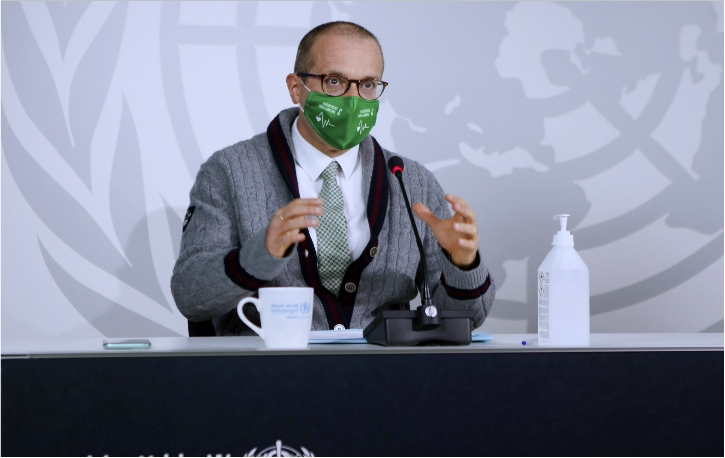Ended soon

Thousands of people in Ukraine are suffering from complex injuries that require rehabilitation services and equipment, according to a senior World Health Organization (WHO) official, who is based at the WHO’s regional office for Europe, revealed that the injuries sustained by Ukrainians include fractures, amputations, spinal cord injuries, traumatic brain injuries, and burns. These injuries have made it challenging for people to receive the necessary care due to attacks on healthcare facilities, displacement of healthcare workers, and power shortages.
WHO official emphasized the urgent need for rehabilitation services in Ukraine, where the ongoing war has further worsened the situation. Dr. Cathal Morgan, another WHO official, pointed out that even before the war, about half of Ukraine’s population could have benefited from rehabilitation services, mainly due to non-communicable conditions such as cardiovascular disease and diabetes. However, the pandemic and the ongoing conflict have significantly increased the need for rehabilitation services, leading to an urgent need for action.
According to Dr. Morgan, about two in five people across the European region in 2019 had a health condition that could have benefited from rehabilitation services. He emphasized that the need for rehabilitation services in Ukraine is urgent, and immediate action is required to help those in need.
The conflict in Ukraine has been ongoing since 2014, when Russia annexed Crimea, a move that was condemned by the international community. The conflict escalated into a full-scale war, resulting in the displacement of millions of people and causing countless injuries and deaths. The situation has further deteriorated due to the COVID-19 pandemic, which has put additional strain on the already overburdened healthcare system in Ukraine.
Attacks on healthcare facilities have made it difficult for people to access medical care, including rehabilitation services. The WHO has repeatedly called for the protection of healthcare workers and facilities, as well as for unrestricted access to healthcare for all those in need. The organization has also provided support to the Ukrainian government to strengthen the healthcare system and improve access to rehabilitation services.
Rehabilitation services are an essential part of the healthcare system, helping people recover from injuries and disabilities and regain their independence. They include a range of services, such as physical therapy, occupational therapy, speech therapy, and psychological support. Rehabilitation services can also help prevent further complications and improve long-term outcomes.
However, in Ukraine, the availability of rehabilitation services is limited, and many people cannot afford to pay for them. The situation has been exacerbated by the ongoing conflict, which has led to the destruction of healthcare facilities and the displacement of healthcare workers. The WHO is calling on all parties involved in the conflict to prioritize the healthcare needs of those impacted by the war and ensure access to rehabilitation services and equipment to help them recover.
The WHO has also highlighted the need for more funding for rehabilitation services in Ukraine, as well as for increased awareness of their importance. The organization has emphasized the need for a comprehensive approach to rehabilitation services that includes prevention, treatment, and long-term care.
In conclusion, the ongoing conflict in Ukraine has resulted in countless injuries, leaving thousands in need of rehabilitation services and equipment. The situation has been worsened by attacks on healthcare facilities, displacement of healthcare workers, and power shortages, making it challenging for people to receive the necessary care.
The WHO is calling for urgent action to address this issue, including the protection of healthcare workers and facilities, increased funding for rehabilitation services, and improved access to care. Rehabilitation services are essential for people to recover from injuries and disabilities and regain their independence, and they should be a priority for all those involved in the conflict.



